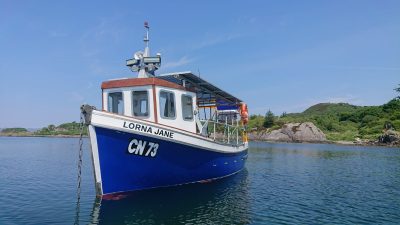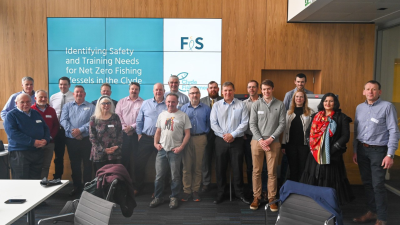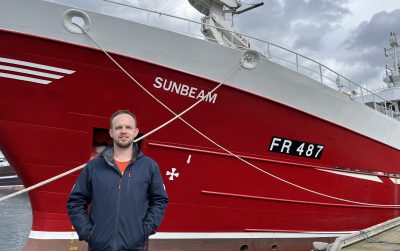VESSELS OF THE FUTURE
WHAT IS ‘VESSELS OF THE FUTURE’?
We are investigating opportunities for alternatively powered fishing vessels in the UK, with the objective of ensuring no sector of the fleet is left out of a truly just transition to low-carbon fishing. This includes collaborating with fishermen, vessel designers, engineers, regulators and other key stakeholders in the fishing industry, to discover how FIS can best support the industry and make real impact on the path to net zero.
PROJECT ACTIVITY
Net Zero Fishing Vessels
FIS partnered with Macduff Ship Design and the Centre for Future Clean Mobility, to investigate a potential roadmap towards a net zero fleet, and develop concept designs for alternatively-powered fishing vessels.
Stage 2 of this project, to develop detailed concept designs using power data taken directly from fishing vessels, was supported by the Marine Fund Scotland and completed in August 2023.
Stage 3, with further support from the Marine Fund Scotland, compared hydrogen fuel as an option to deliver net-zero fishing vessels, and was completed in May 2024.
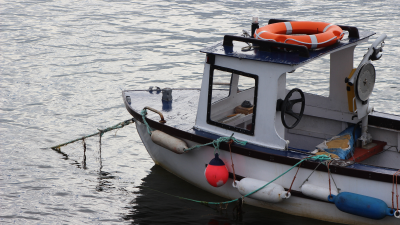
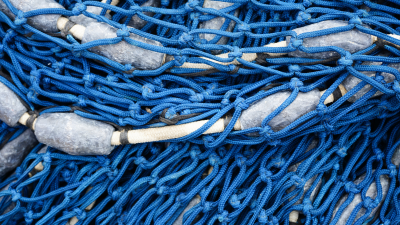
Vessels of the Future Workshop
FIS hosted a workshop in Glasgow to explore energy efficient measures relevant to fishing vessels. Participants from Scotland, the UK and as far afield as Norway and Canada came together to share their knowledge and experience, and discuss what alternative fuels, engines, designs, or other innovations are realistic in a UK context.
UK’s First Solar Powered Fishing Vessel
FIS has been delighted to work alongside Hans Unkles, inshore fisherman from Tayvallich Scotland, in a revolutionary move to refit the Cygnus 21 Lorna Jane into the UK’s first fully electric commercial fishing vessel. The 21 ft vessel has now successfully converted to solar power, earning full Maritime and Coastguard Agency (MCA) accreditation. You can keep up to date with the progress of the Lorna Jane by visiting their website.
